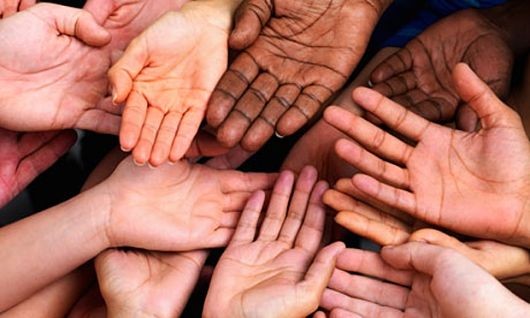New UN Initiative Aims to End Global Poverty by 2030

UN negotiators have recently agreed to extend a 15-year series of agreements known as the Sustainable Development Goals, giving way to an initiative to end global poverty by 2030. The agreement outlines 17 specific goals and 169 targets that are intended to build upon the Millennium Development Goals, which were passed in 2000. Action towards these goals will begin on January 1, 2016.
The agreement outlines aspirations of reducing the world’s poor population by half and eliminating extreme poverty entirely, which is defined as living on less than USD $1.25 per day. Further goals including doubling the incomes of small-scale agricultural producers and lowering the rate of newborn deaths to one percent of births.
“We can be the first generation that ends global poverty…The international community took a major step toward achieving this shared goal with this weekend’s agreement. Now we must sustain that momentum,” said UN Secretary-General Ban-Ki-Moon.
These new initiatives have a wider scope than previous agreements as there are more concerted efforts at promoting universal energy access and encouraging global opportunities for women and girls. Increasing sanitation and water access are also some goals highlighted in the initiative. Additionally, reducing consumption and food waste by half in unison with efforts to phase out subsidies to fossil fuel industries are examples of climate-oriented initiatives. The agreement also calls for nations to pledge USD $100 billion annually for helping developing countries combat climate change by 2020.
Measures of implementation were discussed at the Third International Conference on Financing for Development, which was held this past July in Addis Ababa, Ethiopia. An important aspect of the agreement is that each member is expected to uphold the goals of the agreement on good faith and that the UN must respect each state’s political independence and territorial boundaries. While agreements were made that countries held the right to concentrate on their own societal and economic in-state development, the UN’s High-Level Political Forum reserves the right to monitor and review their contributions from a global level.
These lofty goals and expectations will be implemented by various methods through multitudes of governmental and non-governmental forces. The official agreement says, “Our journey will involve Governments as well as Parliaments, the UN system and other international institutions, local authorities, indigenous peoples, civil society, business and the private sector, the scientific and academic community and all people. Millions have already engaged with and will own this Agenda. It is an Agenda of the people, by the people and for the people and this, we believe, will ensure its success.”
– The Borgen Project
Sources: Vice, Sustainable Development
Photo: The Guardian
